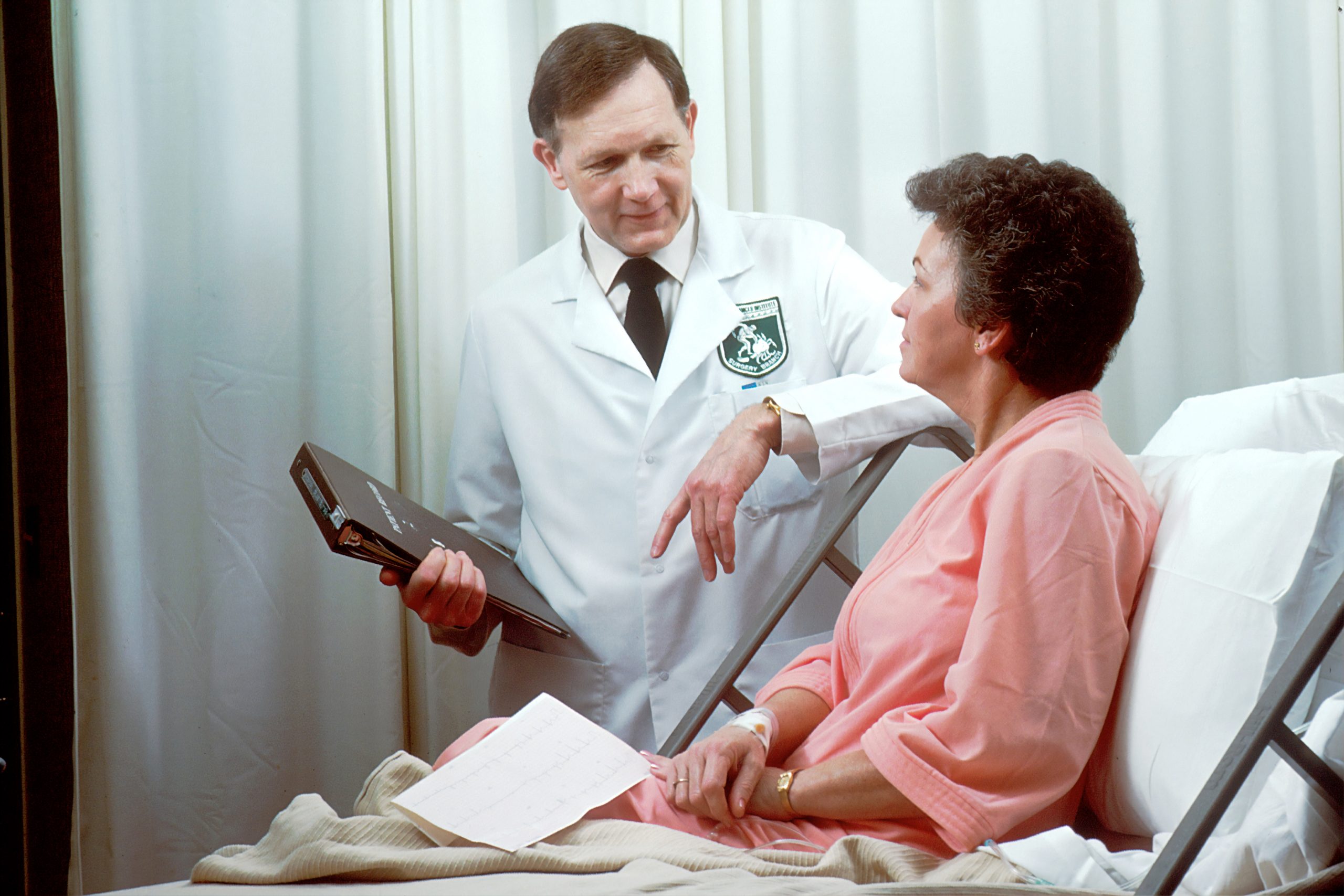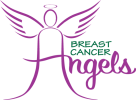Questions to Ask Your Oncologist to Reduce Diagnosis Stress

You may have been diagnosed with cancer, and you’re having a hard time understanding what that means for your life. You might be feeling scared, angry, or even relieved. It may be challenging to find the right questions to ask your oncologist about your diagnosis, but you can feel more in control of your diagnosis with these suggested questions.
What are my treatment options?
It is natural to want to know what all of your options are when it comes to treatment. You may be scared and confused about the information you have been given. Your doctor should provide you with a clear list of different chemotherapy, radiation therapy, and surgery options for your particular cancer diagnosis.
Being able to understand these treatments will help put you in control of your diagnosis.
How long is my treatment?
You may be thinking to yourself that once you get the treatment, it will all be over and done with. This is a common thought that many people with cancer make when first diagnosed. In reality, some treatments last much longer than others. For example, chemotherapy takes months or even years, depending on your diagnosis.
It would be best to give a clear timeframe for how many months to follow through with each treatment option. You may have heard different timeframes depending on your doctor and hospital, but it is crucial to understand the entire timeline of your cancer diagnosis as soon as possible.
It may be helpful to keep a record of your treatment sessions, doctors appointments, and side effects you experience so you can stay on track with your cancer care.
What can I do at home to help myself with treatments?
It would be best to be given a list of things you can do at home to help your treatment progress. You would want to focus on relaxing, eating healthy foods, and getting enough sleep between treatments at home. Your doctor may also mention ways to improve your immune system and reduce stress and anxiety through exercise or meditating.
Make sure to ask your doctor about ways to help yourself get through the treatment process at home. You may be given information about a support group or other resources for coping with cancer away from your medical team. If the thought of leaving treatment behind has crossed your mind, make sure to ask your doctor about their views on this.
Are there support systems I can join?
It is important to remember that your diagnosis does not mean your life has ended. You will be able to go back to living a fulfilling and happy life after you receive a cancer diagnosis. When you leave the hospital, you may have support systems in place for when things become emotionally hard or too much to bear alone. If joining a support group is something you are interested in, make sure to ask your doctor about where you can go for this kind of help.
Having a support system is incredibly important when it comes to living with cancer. It may be overwhelming for you to navigate this time in your life, so having people who can help you get through the diagnosis process will reduce your stress. Look into joining cancer support groups or therapy sessions. It would be best to consider having close friends and family members who can listen to what you have been through.
What are the side effects of my diagnosis?
When your doctor provides you with a list of treatment options, they should also tell you about all the potential side effects. Some people experience similar things during their cancer diagnosis, while others don’t have any symptoms. It may be helpful to know what to expect to plan for these changes in your life.
Make sure to communicate with your doctor about any symptoms you have experienced and write them down in a journal. You should also be aware of what to expect throughout your diagnosis process and treatment timeline from the start of your journey. Understanding these side effects will put you in control of your cancer diagnosis.
How can cancer affect my daily life?
Although your cancer diagnosis is temporary, it may affect how you function day today. If you have become exhausted throughout the day from treatments, you may want to consider sleeping earlier during the night. This will allow you to rest while on treatment and still get enough sleep to wake up in the morning.
For some people, their days revolve around cancer treatments and routines. You should ask your doctor if you can do activities with friends and family members that will keep you involved in the community during your diagnosis process.
Knowing what questions to ask your oncologist will help reduce diagnosis stress by making it easier to understand everything that’s going on. You deserve a complete understanding of how cancer may affect your daily life, as well as any other important information about treatments or support systems available in your area. Oncologists are well trained and professionals hence they know how take you through your diagnosis.
